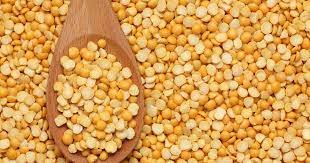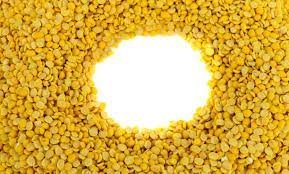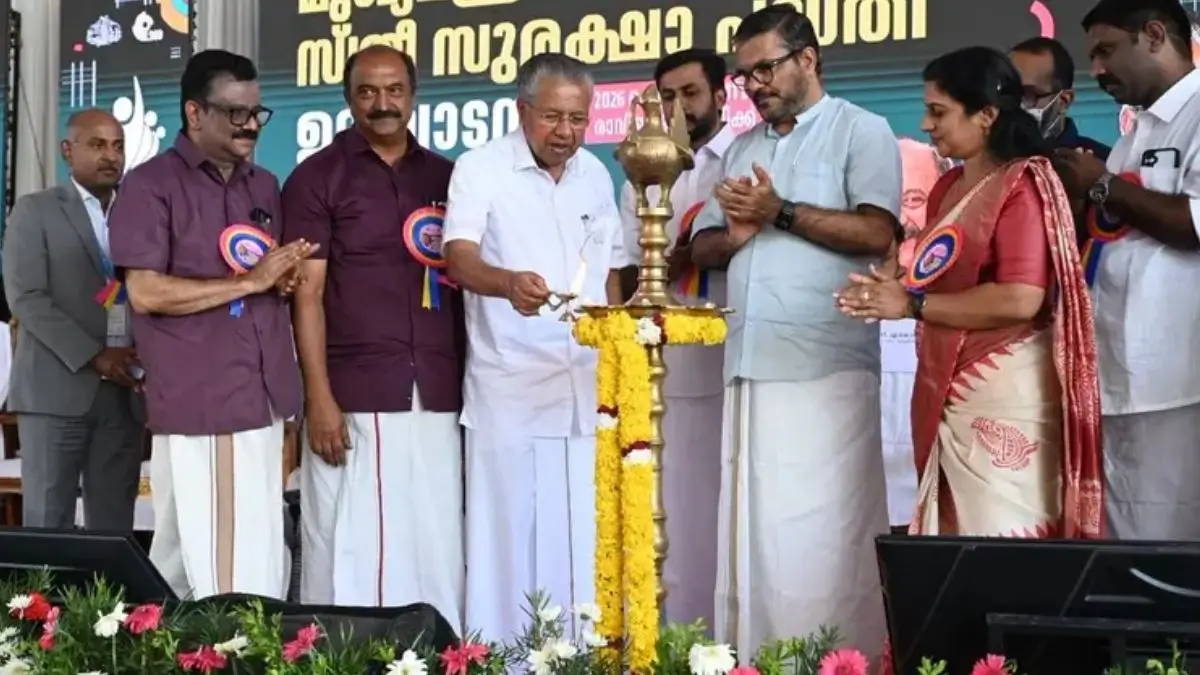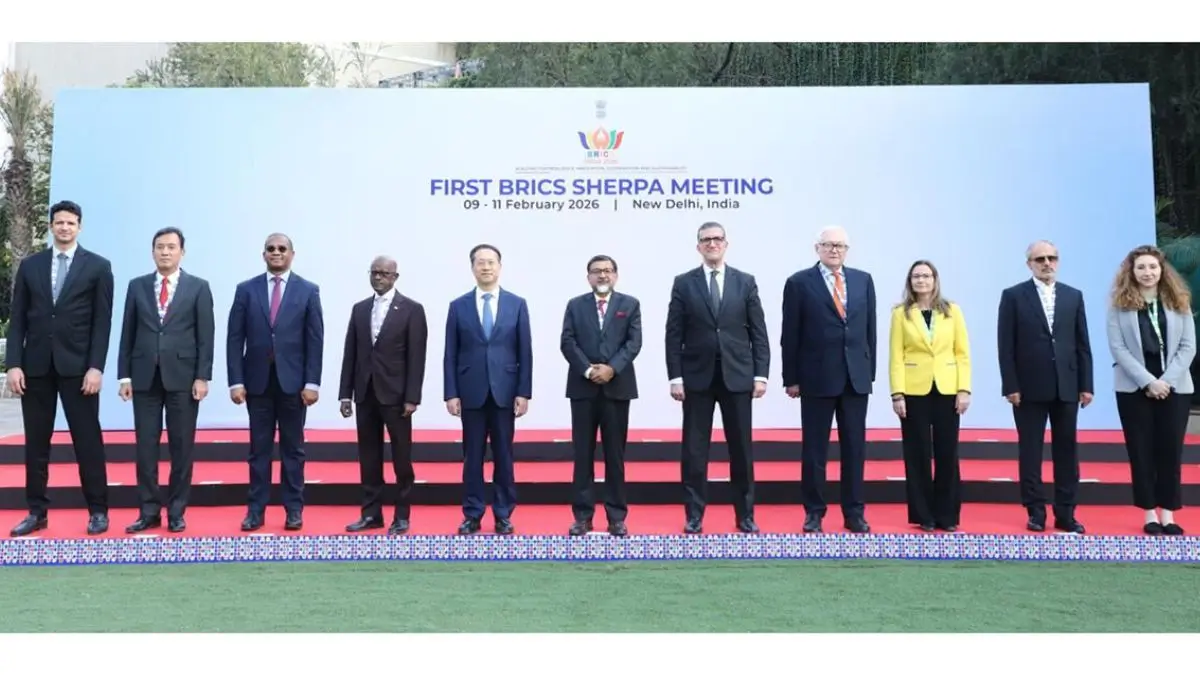India Implements Duty-Free Import of Yellow Peas to Regulate Pulse Prices
The Indian government has recently taken a significant step in regulating pulse prices by implementing duty-free import measures for yellow peas. This move comes as a strategic intervention to counter the soaring prices of pulses and ensure a stable supply in the domestic market. The decision was announced as part of the efforts to alleviate the impact of rising food prices, especially concerning essential commodities like pulses, which form a crucial part of the Indian diet.
The step to allow duty-free import of yellow peas is aimed at easing the pressure on domestic supplies caused by lower production and increased demand for pulses. Yellow peas are an essential source of protein and play a pivotal role in meeting the nutritional needs of the population. By facilitating duty-free imports, the government aims to bridge the demand-supply gap, stabilize prices, and ensure affordability for consumers.

Why this News is Important:
Addressing Price Fluctuations and Food Security
The decision to implement duty-free import of yellow peas holds paramount importance due to its direct impact on addressing the issue of soaring pulse prices and ensuring food security. This initiative aims to stabilize the prices of essential commodities like pulses, thereby mitigating the financial burden on consumers and maintaining a balanced diet for the populace.
Mitigating Supply-Demand Imbalance
India’s move to allow duty-free import of yellow peas is crucial in bridging the gap between the demand and supply of pulses in the domestic market. With lower production and increasing demand, this measure aims to ensure a consistent supply to meet the dietary needs of the population.
Historical Context:
Pulse Production in India: India has been a significant producer and consumer of pulses for decades. Pulses, including yellow peas, are crucial for the country’s dietary requirements due to their high protein content. However, achieving self-sufficiency in pulse production has been a challenge due to varying factors such as weather conditions, land availability, and agricultural practices.
Price Fluctuations and Imports: Historically, India has faced price fluctuations in pulse markets due to supply-demand imbalances. To bridge the gap between demand and domestic production, the country has resorted to imports of pulses, including yellow peas, to meet the shortfall in availability and stabilize prices.
Key Takeaways from “India Implements Duty-Free Import of Yellow Peas”:
| Serial Number | Key Takeaway |
|---|---|
| 1. | Indian government’s implementation of duty-free yellow peas import to stabilize pulse prices. |
| 2. | Aim to bridge the demand-supply gap and ensure affordability for consumers. |
| 3. | Significance for agriculture, trade, and consumer welfare. |
| 4. | Expected benefits for both consumers and farmers. |
| 5. | Need for a careful assessment of long-term implications on domestic agriculture. |
Important FAQs for Students from this News
What are yellow peas, and why are they significant in Indian agriculture?
Yellow peas are a type of pulse known for their high protein content and nutritional value. In Indian agriculture, they are essential for fulfilling dietary needs and are a key ingredient in various cuisines.
How will the duty-free import of yellow peas impact consumers?
The duty-free import of yellow peas is expected to stabilize pulse prices, ensuring affordability and consistent availability for consumers.
What prompted the Indian government to implement duty-free import measures for yellow peas?
The decision was made to address the rising prices of pulses caused by supply-demand imbalances and lower domestic production.
Are there potential benefits for farmers due to this import decision?
Yes, farmers might benefit from increased market access and potential stimulation in production as a result of the import measures.
What considerations should be made regarding the long-term implications of importing yellow peas?
It’s crucial to assess the impact on domestic agriculture and strike a balance between imports and encouraging domestic production for sustainable agricultural practices.
Some Important Current Affairs Links

















